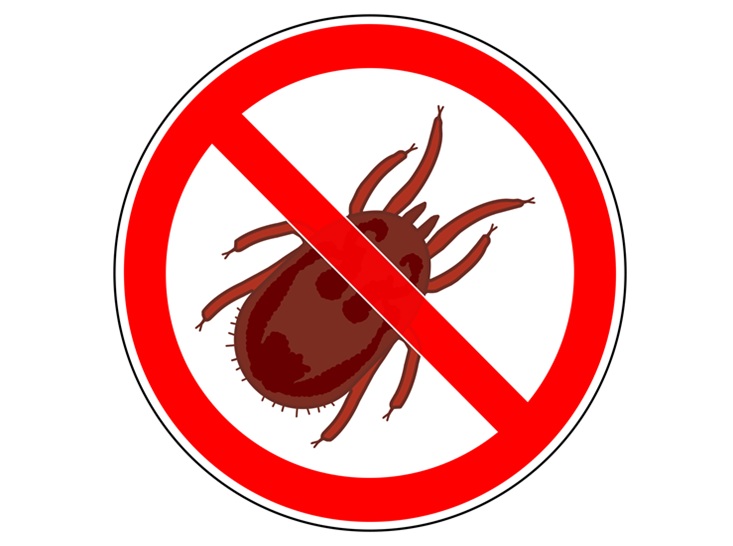By Don Ritter, DVM
Poultry Business Solutions LLC
Norfolk, Virginia
I started my career as a broiler-production veterinarian nearly 40 years ago in the poultry-dense Delmarva region, considered by many to be the birthplace of the broiler industry.
There were eight poultry companies in the region, and collectively their average mortality at 56 days of age ranged from 10% to an astounding 20% — twice that compared to other broiler-dense regions in the US.
Broilers in the Delmarva area back then had just about every disease chickens could get. One important cause was immune suppression due to Gumboro, a disease named after Gumboro, Delaware — the remote Delmarva town where the disease was first identified in 1957 by Albert Cosgrove, DVM. Today, the disease is more properly called infectious bursal disease (IBD).
Induced immunosuppression
When I arrived in Delmarva in 1985, broiler flocks were receiving routine respiratory vaccinations, but due to the IBD-induced immunosuppression, they often developed secondary Escherichia coli infections that responded poorly to antibiotics.
Vaccines available at the time for classic IBD virus were not effective against whatever type of IBD was circulating. The losses were so bad that the companies got together and enlisted help from the University of Delaware. Numerous studies with sentinel birds were conducted, and ultimately, the university’s microbiologist Jack Rosenberger, PhD, isolated and characterized antigenic variants of the IBD viruses in the Delmarva region. He named the one that was the most prominent Delaware Variant E.
Subsequently, IBD breeder vaccine formulations were revised to include the Delaware Variant E antigen, and mortality on Delmarva was cut in half.
A continuing challenge
Although a lot of progress has been made, IBD remains a challenge for the broiler industry. The IBD virus is a robust, double-stranded RNA virus that’s resistant to heat and pH extremes. It’s resistant to most disinfectants.
Classical IBD in broilers is characterized by lethargy, ruffled feathers and huddling. It can cause mortality, particularly in leghorns. Other signs of IBD are enlarged hemorrhagic bursa during early infection, followed by bursal atrophy.
The variants of IBD virus are less obvious. There may be atrophied bursa and splenomegaly but no apparent clinical signs. Both classic variant IBD viruses target the B lymphocytes that are produced in the bursa of Fabricius. That’s what causes transient or permanent immunosuppression.
The most economically damaging type of IBD is the subclinical form because it can lead to severe, long-lasting immune system suppression, which in turn results in poor performance outcomes.
Successful control is possible
I can’t stress enough the importance of early protection. In older birds, IBD may be transient, but longer, more profound immunosuppression occurs when birds contract the infection during their first 2 weeks of life.
IBD in broilers can be successfully controlled, however. The most important way is with passive protection. Chicks are protected passively with maternal antibodies from broiler breeders. Because it’s so important, I advise producers to primarily direct their resources toward achieving optimal passive protection.
Broilers can be further protected actively against IBD by vaccination with attenuated, live IBD vaccines or with herpesvirus of turkey vector vaccines that carry protective proteins for IBD viruses.
Delmarva houses more broilers per square mile than any other area in the US, rendering it a hotbed for viruses to continuously mutate and change. In areas such as these, successful IBD control might also require use of killed vaccines with a wide range of IBD virus strains.
If producers are raising flocks with reduced or no antibiotics, providing strong foundational immunity against IBD is even more important than it is in conventional production systems.
Autogenous breeder vaccination
To obtain superior passive protection in broilers, the quality as well as quantity of maternal antibodies in broiler breeder flocks must be good. To this end and to keep a step ahead of IBD, I recommend giving broiler breeders an autogenous IBD vaccine with contemporary strains in addition to a robust commercial IBD vaccine.
Done properly, the use of high-quality autogenous vaccines that have a high amount of bursal-derived antigen will provide passive protection to broilers for more than 32 days. It can also eliminate the need for any active IBD vaccination of broilers.
Stay updated
IBD virus antigens in autogenous vaccines should ideally be updated at least every 2 years. It’s also a good idea for broiler complexes to conduct bursal surveys periodically so they know what IBD viruses are actively circulating and can adjust maternal IBD protection as needed. Farms with performance that ranks in the lower third should be sampled when broilers are from 12 to 24 days of age. Six bursa from each farm should be gathered for analysis.
Bursa are first evaluated for IBD damage with histopathology. Those with the most microscopic damage are then submitted for virus isolation and characterization. IBD viruses isolated with this process are selected for inclusion in autogenous vaccines, which usually have multiple IBD viruses and might also include antigens against other viruses such as reovirus.
I have found that with this process, it’s possible to achieve excellent passive protection of broilers. It certainly takes a concerted effort to resource a good autogenous vaccine, but if broilers don’t need to be vaccinated against IBD and they don’t contract the disease, the payoff in the long run can be substantial.
Editor’s note: The opinions and/or recommendations presented in this article belong to the author and are not necessarily shared by Modern Poultry.




